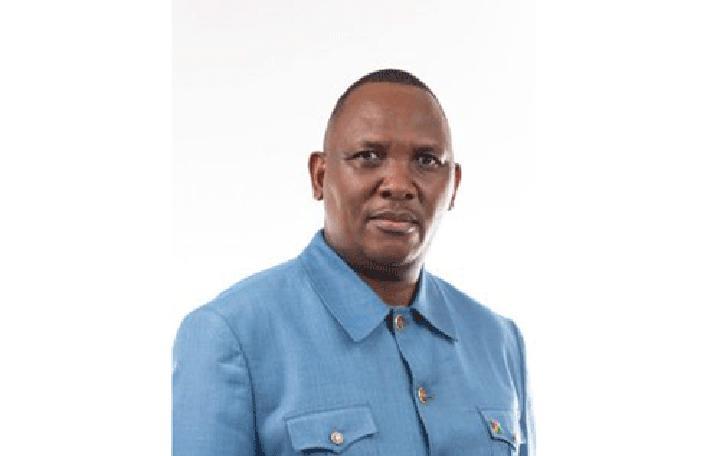Africa-Press – Namibia. Swapo Member of Parliament Austin Samupwa has called for an increase in funding for Namibia’s Judiciary to enable the country to fulfil both national and international legal obligations.
He was making his input to the ministry’s N$600 million budget debate following its tabling by justice minister Fillemon Wise Immanuel.
Immanuel said the funds are aimed at strengthening judicial operations, accelerating development projects and reinforcing the independence of the courts.
Speaking in the National Assembly this week, Samupwa urged government to abolish the N$350 application fee currently required from indigent applicants seeking legal aid.
He stressed that access to justice is a constitutional right.
The Legal Aid Act mandates the State to provide legal representation to those unable to afford it in both criminal and civil matters.
“Victims of crime deserve to have their cases heard within a reasonable timeframe so they can find closure. The current fee imposes a financial burden on those who can least afford it, and must be eliminated,” he stated.
Samupwa also raised concerns about delayed payments of witness fees.
“We have witnessed numerous cases where subpoenaed individuals travel long distances to testify – only to return home without compensation for transport, meals or accommodation,” he said.
This not only causes hardship but discourages public cooperation in the justice system. Adequate budgetary provisions must be made for witness expenses”.
He recommended the establishment of new courts in underserved areas such as Sangwali, Kongola, Impalila, Mukwe and Kamanjab, stressing that many citizens still travel over 130 kilometres to access justice.
“Long travel distances lead to delays and obstruct timely justice,” Samupwa noted.
He highlighted staffing shortages, calling for more magistrates, prosecutors, clerks and interpreters.
He cited benchmarks from the African Prosecutors’ Association (APA) and the International Association of Prosecutors (IAP), which recommend two to three prosecutors per magistrate, while Namibia currently averages only one.
“In Oshakati, for instance, five legal officers share a single typist. There are no clerks. The workload is unsustainable, and additional posts must be created,” he urged.
Budget
Of the total budget, N$534.9 million will go toward operational needs, while N$66 million has been allocated for development projects.
“This allocation reflects our commitment to justice that is accessible, timely and efficient,” Immanuel told lawmakers.
Breaking down the numbers, the minister noted that the Supreme Court will receive N$36.7 million for adjudication and administrative functions.
The High Court will get N$116.6 million, while the lion’s share of N$240.9 million will go to the lower courts, where most Namibians seek justice. Policy, support and coordination functions have been allocated N$206.7 million.
Immanuel announced the construction of a new magistrate’s court in Nkurenkuru, as well as extensive renovations to existing courts in Oshakati, Karasburg, Katima Mulilo, Walvis Bay and Omega.
Additionally, there will be improvements to residential accommodation for magistrates and the leasing of office space in Ohangwena as some of the projects on the cards this financial year.
“These projects are part of our broader mission to decentralise justice, and ensure our judiciary has the infrastructure it needs to serve the people effectively,” Immanuel said.
He added that amendments to the Judiciary Act of 2015 are in progress.
Once finalised, these will formally transfer responsibility for capital projects from the Ministry of Justice to the Office of the Judiciary. Staffing featured prominently in Immanuel’s address.
He confirmed that the judiciary has been approved to recruit 27 magistrates and six High Court judges at a cost of N$12.3 million.
“These appointments will bring critical relief to our courts, particularly the lower courts, which are the frontline of justice for our people,” he said.
Reflecting on recent achievements, Immanuel pointed to the opening of the Hoachanas Periodical Court and the Environmental Crimes Court in Otjiwarongo as examples of the government’s ongoing decentralisation efforts and commitment to specialised justice.
He revealed the ministry plans to establish a Public Procurement Court through the Public Procurement Act.
The goal is to ensure swift and expert-led adjudication of procurement-related disputes, a move expected to streamline economic opportunities and enhance public confidence in government contracting.
For More News And Analysis About Namibia Follow Africa-Press






